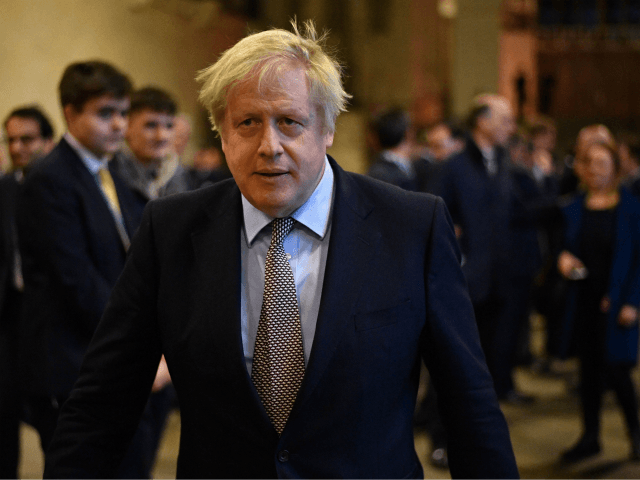Prime Minister Boris Johnson is starting to implement his Conservative Party agenda, including repealing David Cameron’s Fixed-Term Parliaments Act, which stymied and delayed the Brexit process earlier this year.
After securing an 80 seat majority in last week’s general election, Prime Minister Boris Johnson is set to abolish the Fixed-Term Parliaments Act. The removal of the piece of legislation will be a part of the agenda to be laid out by the government in the Queen’s Speech next week, reports The Times.
The act has been a target for removal by Conservatives, who see it as having unnecessarily delayed Brexit and an impediment to their ability to retain control of the government.
Constitutional Historian David Starkey speaking at the New Culture Forum in Westminster said the act was “a classic illustration of the catastrophe of trying to fuse Conservatism and Liberalism”.
Starkey said that the Fixed-Term Parliaments Act was crafted to undermine the constitutional principles established in the United Kingdom.
“The Fixed-Term Parliament Act was deliberately designed to alter and overturn these (principles) in the name of a general principle, this absurd doctrine of the separation of powers [a French concept stemming from the brutal and murderous French revolution],” he said.
Boris Johnson to Make it Illegal to Delay Brexit Date Again https://t.co/J4FVojs3fh
— Breitbart London (@BreitbartLondon) December 17, 2019
The act was introduced by former Conservative Prime Minister David Cameron in 2011 to placate then-Liberal Democrats leader Nick Clegg. The law mandates that an election must be held on the first Thursday of May every five years. In order to secure an earlier election, the act requires a two-thirds majority vote in the House of Commons.
The requirement for a two-thirds majority was successfully used by Jeremy Corbyn and the Labour Party to block Boris Johnson three times from securing an early election after the prime minister found himself unable to govern without a working majority in parliament.
Vernon Bogdanor, Professor of Government at King’s College London described the act as “full of holes” in a September op-ed in the Telegraph.
“The framers of the Act did not perhaps envisage that, in a situation where the government had lost control of the Commons, Her Majesty’s Opposition would, for tactical reasons, refuse an election,” wrote Bogdanor.
“The Conservatives were right in their 2017 manifesto to propose repeal of the Act. For, in the world of multi-party politics and possible hung parliaments which we may be entering, dissolution is a vital safeguard against inter-party manouevrings and shenanigans,” he added.
Boris Welcomes New MPs to Westminster, Gets Brexit Rolling https://t.co/ldn10ZvhVi
— Breitbart London (@BreitbartLondon) December 16, 2019
Follow Kurt on Twitter @KurtZindulka

COMMENTS
Please let us know if you're having issues with commenting.